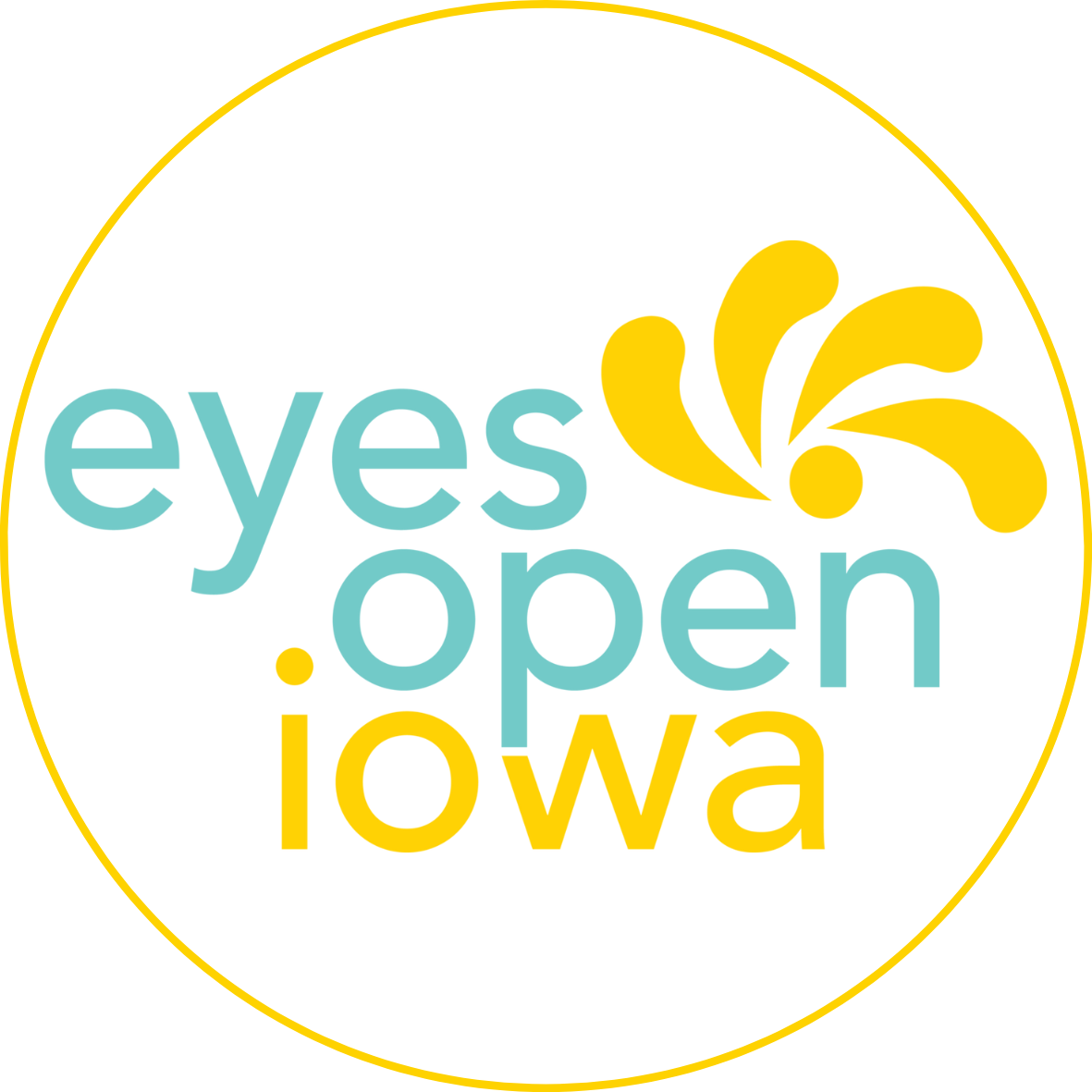Forget the Talk – It’s An Ongoing Conversation! - Part Two
By Gail Cowan, Director of Development
In the first blog in this series, which you can access here, we talked about the need to move beyond “The Talk” and create open, honest conversation with our children around sexual health and relationships. This includes treating our kids’ questions around their bodies and sex just as we would other topics, like car maintenance and what’s for dinner: with accurate information and without a sense of embarrassment or skirting the issue.
But I realize that for many of us, this may be easier said than done.
I mean, I’ve worked in adolescent sexual health for about 20 years, and I still get nervous sometimes talking to my children about sex and where babies come from!
So, in this post, I want to pause and say that so often, when we think about adolescent sexual health and providing our children with sex education, the focus is solely on the young person him or herself. Which makes sense in large part, but doesn’t reflect the whole picture.
This is because talking to our children about sexual health and relationships is not just a process in which we prepare them for real life. If we have enough awareness and are willing to confront some of our own discomfort as we talk to our children, these conversations can also be an opportunity for our own growth.
This is important in a culture that one of my friends described recently as “an ongoing private, personal peep show”: sex is everywhere around us – graphically depicted and shown in popular culture in everything from soft drink ads to movies – but actual real conversation about sex and sexual health is sorely lacking and too often taboo.
Too many of us suffer the effects of such backwards normalization: we feel the pressure and the desire to be as attractive and sexually liberated as popular culture would depict human beings to be, but we have very little actual information about how our bodies function, how to talk to our doctors about sexual health issues, how to set appropriate boundaries in relationships, sexual and otherwise, etc.
It would be nice if we could change this by going back and giving our young selves adequate education and support around sexual health. But since we can’t, it’s up to each of us to figure out how to find such resources now. And one of the best places to start is with an inventory of what beliefs and roadblocks we each have around sex, sexual health, and our bodies.
Practically speaking, this means that before we try to talk to anyone else about these topics, it’s good to do a check-in with ourselves about them. One way to do this is to grab and pen and paper (or if you’re more the verbal type, a friend or loved one you trust) and answer the following questions:
What kind of information did I receive about sexual health and my body when I was growing up? Was it accurate and non-biased (e.g., naming parts of the anatomy accurately) or was there some misinformation or embarrassment or judgment (e.g., calling the penis a “wee wee”). Or was there simply no information at all?
How did my answer to #1 affect me growing up (both positively and negatively)? Where do I still carry shame or embarrassment? And where do I feel empowered? What would it take to move past anything that is blocking me from conversing openly and honestly with my child?
What would I like my child to experience differently than I did? Am I creating an environment in which this desired experience can happen? Where does this feel easy? Where does it feel hard?
What information would I like to have about my own body right now? (e.g., information about menopause, accurate information about how contraception works) What’s one step I can take to find this information?
This last step may be the most important of the bunch: when we ourselves are open to receiving new information about our bodies and our sexual health, we normalize and encourage this in our children, too. It can also give us more empathy and patience with ourselves and our teens during challenging conversations about sexual health and relationships.
Give it a try and let us know what you think – we’d love to hear your thoughts/tips/stories/ideas about how to engage in real talk with teens!
--------
Coming soon: part three of Forget the Talk – It’s An Ongoing Conversation!

